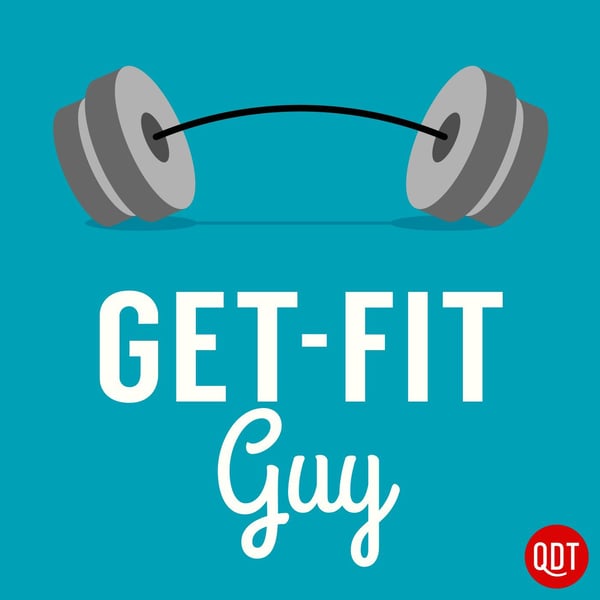The gym or the couch? Breaking down free will and fitness
Get-Fit Guy
Macmillan Holdings, LLC
4.6 • 746 Ratings
🗓️ 3 December 2024
⏱️ 14 minutes
🧾️ Download transcript
Summary
Transcript
Click on a timestamp to play from that location
| 0:00.0 | Hello again and welcome back to Get Fit Guy. This is Kevin. Last week, I briefly spoke about |
| 0:10.2 | socio-economic factors on getting to the gym. And in response, I received a nice email from a listener, |
| 0:16.2 | which included the following paragraph. I know a lot of people have time as a problem. You know how it goes. You put in a long day at work on your feet, you go home, and then you're the person who's tidying up and getting ready for tomorrow. The sofa looks really good at the end of the day, versus going to the gym or going for a walk or run. So this week I apologize in advance, but I'm going |
| 0:39.4 | to go all philosophical again, specifically talking about the American philosopher Harry Frankfort's |
| 0:44.8 | take on free will. As usual, please remember, this is a 10 minute-ish long podcast and in that |
| 0:50.5 | time I can't even give a full account of Frankfurt on free will, let alone free will as a broader subject. |
| 0:58.7 | Free will is one of philosophy's most enduring and debated topics. |
| 1:02.7 | Among the many philosophers who have contributed to its study, Harry Frankfurt, is one that stands out for his innovative approach to understanding the relationship between desires, |
| 1:12.6 | will and moral responsibility. In his essay, freedom of the will and concept of a person, which he |
| 1:18.9 | wrote in 1971, he develops a framework that focuses on the distinction between first order |
| 1:25.4 | desires and second order desires, which offer as a unique |
| 1:30.2 | perspective on what it means to act freely and autonomously. So what are first order desires? |
| 1:39.0 | So first order desire is a basic desire to perform or avoid an action. These desires are fundamental to human behavior |
| 1:47.1 | or can be positive or negative in nature. For example, a person might have a first order desire |
| 1:54.0 | to eat a slice of pizza because it smells delicious. Conversely, they might have a first order |
| 2:00.4 | desire to avoid stepping into a puddle in order |
| 2:03.7 | to keep their shoes dry. Now, first-order desires are straightforward and tied to immediate |
| 2:10.0 | preferences or impulses you might have. They don't involve any reflection or evaluation of the |
| 2:15.8 | desire. They only express what you want in the moment. |
| 2:20.0 | So let's take an example of this and the gym. So consider Alex, who's torn between two first |
| 2:28.5 | order desires. The first one is the desire to go to the gym and workout, and the second, which is the desire |
| 2:36.6 | to stay at home and relax. Each of these desires come from Alex's immediate feelings. Perhaps |
... |
Transcript will be available on the free plan in -115 days. Upgrade to see the full transcript now.
Disclaimer: The podcast and artwork embedded on this page are from Macmillan Holdings, LLC, and are the property of its owner and not affiliated with or endorsed by Tapesearch.
Generated transcripts are the property of Macmillan Holdings, LLC and are distributed freely under the Fair Use doctrine. Transcripts generated by Tapesearch are not guaranteed to be accurate.
Copyright © Tapesearch 2025.

